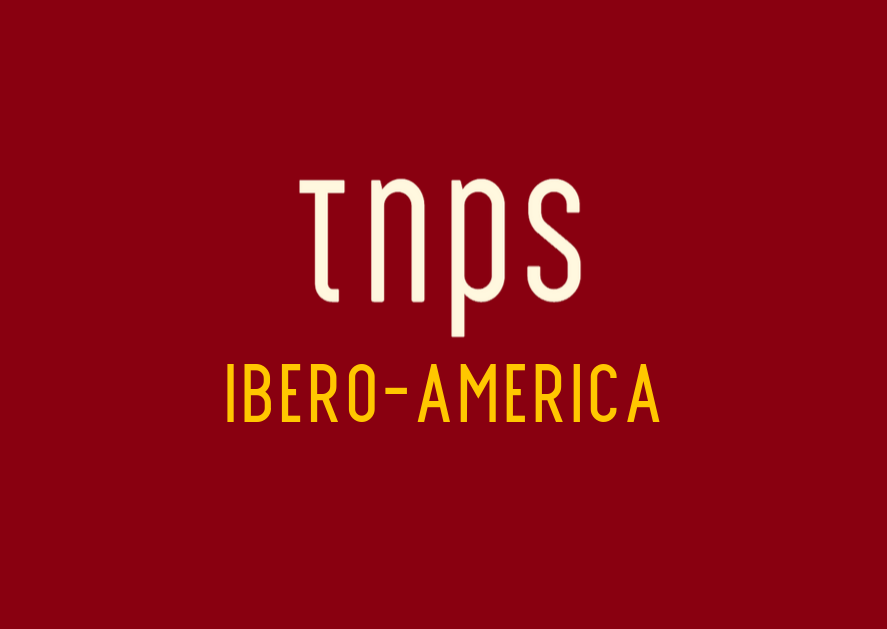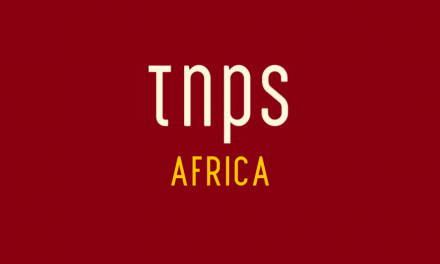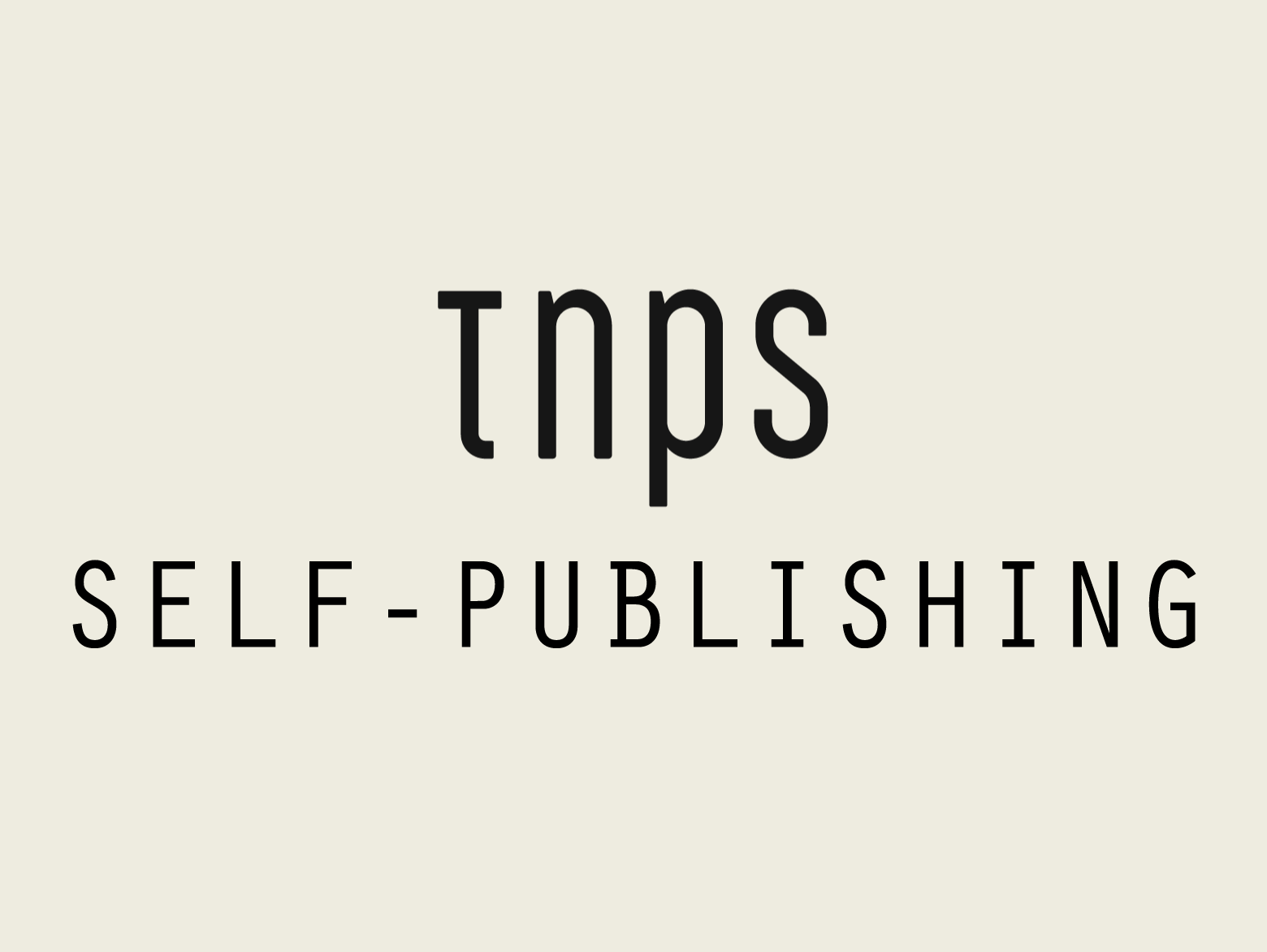Does that mean print is stil king? Of course, but what really matters is how consumers will respond as more and more digital options become available and the print and digital choices are comparable. Those 2.1 million online book fair visitors, and the boom in online sales of print books, make clear Colombians are comfortable shopping online.
Chile-based online bookstore Buscalibre saw a 196% increase in sales in 2020, rising from 270,000 to over 800,000 units shifted, as lockdown closed bricks & mortar bookstores.
Three months after the pandemic began, reported La Republica,
Penguin Random House registered an increase in the sales of the book El amor en los tiempo del cholera, by Gabriel García Márquez, in physical and digital version, growing 183% in Spanish and 621% in English.
Of course that does not mean the English-language version outsold the Spanish version by three to one (percentages in the book trade are never that straight forward), but it is indicative of the boom in online sales experienced by the twelve year old company, now also operating in Argentina, Colombia, Mexico, Peru, Spain and the USA. Juan José Daza, Buscalibre country manager for Colombia, Mexico and Peru, told La Republica that sales in Colombia are expected to be up 20%, from 100,000 to 120,000 units per month.
While the Colombian Book Chamber reported an overall fall of 30% in book sales last year as regular book channels were locked down, 15 regional book fairs that normally pull in large in-person crowds went virtual.
Colombia’s flagship Fil Bogota event was the first major pandemic-induced book fair cancellation of 2020 in Latin America, as early as March. In 2019 Fil Bogota, or FilBo, attracted over 600,000 visitors.
But between July and November the Colombia book trade got its act together and the virtual book fairs pulled in a total of 2.1 million visitors.
No word on how many sales that may have driven, but the shift to online consumer engagement with books is clear, leaving the big question how much that might be reversed as the pandemic’s impact subsides.
Some are optimistic. Take Esteban Restrepo, Natalia Osorio and Alejandro Rubiano, co-founders of the “new” (2019) Colombian online bookstore Bukz, which from a user base of currently 8,000 expects to shift 50,000 books before the end of this year, and is targeting annual sales of 250,000 valued at US$2.7 million by 2025.
In 2020 Bukz delivered more than 30,000 books, with growth of 1800%, but as previously noted, percentages are the book trade’s favourite numbers, impressive to read but meaningless without a baseline.
The Bukz website isn’t going to win any design awards, and will face an uphill struggle against the better-established Buscalibre Colombia store, with a superior user experience. It looks like there are still some kinks to work out (the English books filter brought up more Spanish-language titles than English), but in countries like Colombia where online bookselling is just coming of age, there’s plenty of opportunity for publishers to partner with ambitious booksellers to reach new audiences.
Digital books have also shown growth, of course, but estimates are they still represent only around 5% of the Colombia book market right now.
Does that mean print is still king? Of course, but what really matters is how consumers will respond as more and more digital options become available and the print and digital choices are comparable. Those 2.1 million online book fair visitors, and the boom in online sales of print books, make clear Colombians are comfortable shopping online.
All it needs now is a serious digital books player to enter the market, but right now there’s no Kindle store here, Apple and Kobo are only notionally present, and local players struggle to find adequate content at appropriate prices.
At the same time digital audio is doing well, with numerous competitors, including Ubook and Storytel launched (late 2019) –
and this will help accelerate the digital transition as this decade unfurls. Watch this space.




